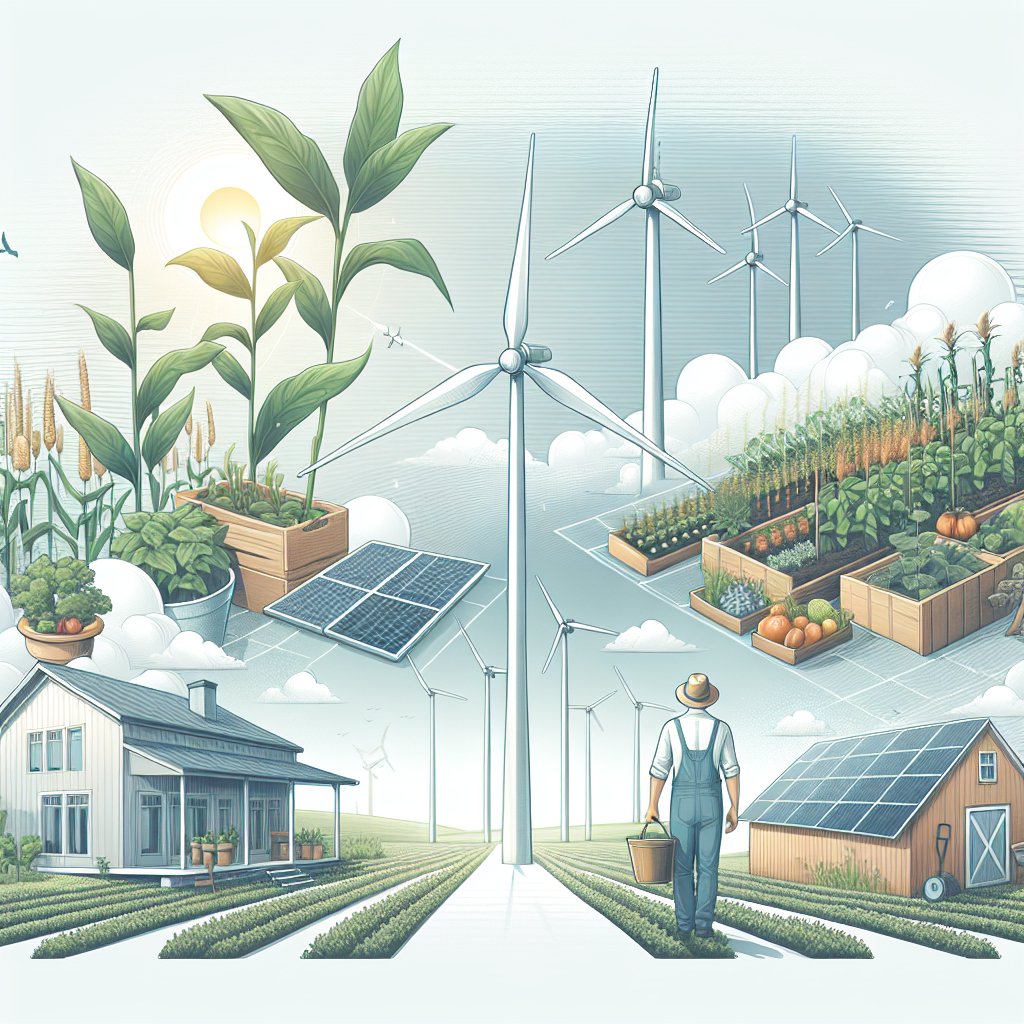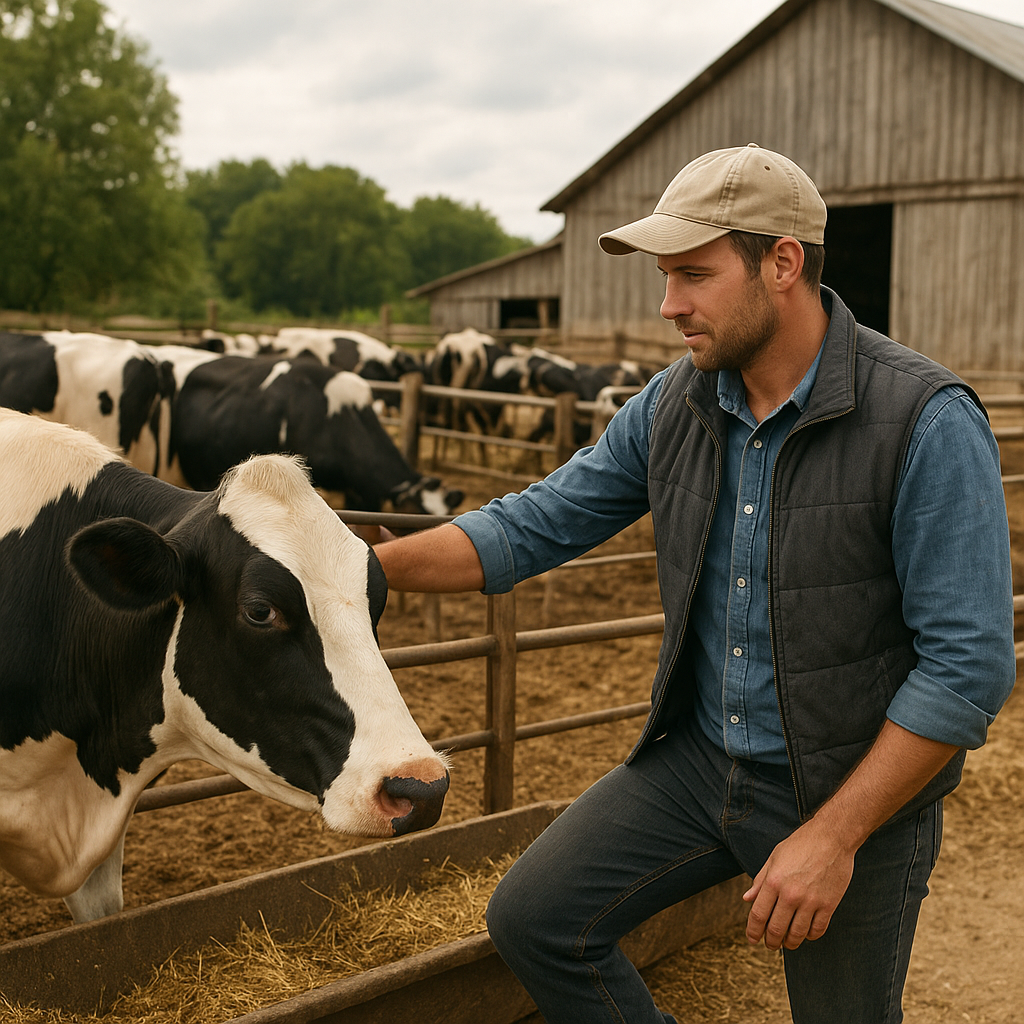Creating a sustainable farming plan is essential for beginners who wish to embark on a journey towards environmentally friendly agriculture. This approach not only benefits the land and ecosystem but also ensures long-term productivity and profitability. In this article, we will explore the key components of a sustainable farming plan, including soil health, crop selection, water management, and community involvement. By understanding these elements, new farmers can lay a solid foundation for their agricultural endeavors.
Understanding Soil Health
Soil health is the cornerstone of sustainable farming. Healthy soil supports plant growth, retains water, and promotes biodiversity. For beginners, it is crucial to assess and improve soil health through various practices.
Soil Testing
The first step in managing soil health is conducting a soil test. This analysis provides valuable information about nutrient levels, pH, and organic matter content. Based on the results, farmers can make informed decisions about soil amendments and fertilizers.
- Nutrient Management: Use organic fertilizers such as compost or manure to enhance soil fertility without harming the environment.
- pH Adjustment: If the soil pH is too high or too low, consider adding lime or sulfur to bring it to an optimal level for crop growth.
- Organic Matter: Incorporate cover crops and crop residues to increase organic matter, which improves soil structure and moisture retention.
Crop Rotation and Diversity
Implementing crop rotation is another effective strategy for maintaining soil health. By alternating different crops in a specific sequence, farmers can prevent soil depletion and reduce pest and disease pressure.
- Benefits of Crop Rotation: Different crops have varying nutrient requirements and pest profiles, which helps balance soil nutrients and disrupt pest cycles.
- Diversity in Planting: Growing a variety of crops can enhance biodiversity, attract beneficial insects, and improve resilience against climate change.
Water Management Strategies
Water is a vital resource in farming, and managing it sustainably is crucial for long-term success. Beginners should focus on efficient water use and conservation techniques to ensure their crops thrive while minimizing waste.
Irrigation Techniques
Choosing the right irrigation method can significantly impact water usage. Here are some common techniques:
- Drip Irrigation: This method delivers water directly to the plant roots, reducing evaporation and runoff.
- Rainwater Harvesting: Collecting and storing rainwater can provide an additional water source for irrigation, especially in dry seasons.
- Soil Moisture Sensors: Utilizing technology to monitor soil moisture levels can help farmers irrigate only when necessary, conserving water.
Water Conservation Practices
In addition to efficient irrigation, implementing water conservation practices is essential. These practices can include:
- Mulching: Applying organic or inorganic mulch can reduce evaporation, maintain soil temperature, and suppress weeds.
- Contour Farming: This technique involves plowing and planting across the slope of the land, which helps reduce soil erosion and water runoff.
- Cover Crops: Planting cover crops during the off-season can improve soil structure and moisture retention.
Community Involvement and Education
Building a sustainable farming plan is not just about individual practices; it also involves engaging with the community and seeking knowledge from experienced farmers. Collaboration and education can enhance the effectiveness of sustainable practices.
Networking with Local Farmers
Connecting with local farmers can provide valuable insights and support. Here are some ways to engage:
- Join Agricultural Cooperatives: These organizations can offer resources, shared equipment, and collective marketing opportunities.
- Participate in Workshops: Attend local workshops and training sessions to learn about sustainable practices and innovations in farming.
- Farm Tours: Visiting other farms can inspire new ideas and techniques that can be adapted to your own farming practices.
Utilizing Online Resources
The internet is a treasure trove of information for beginner farmers. Online platforms can provide access to:
- Webinars and Online Courses: Many universities and agricultural organizations offer free or low-cost courses on sustainable farming practices.
- Forums and Social Media Groups: Engaging with online communities can help farmers share experiences, ask questions, and find solutions to common challenges.
- Research Articles: Staying informed about the latest research in sustainable agriculture can help farmers make evidence-based decisions.
Conclusion
Creating a sustainable farming plan is a multifaceted process that requires careful consideration of soil health, water management, and community involvement. By focusing on these key areas, beginners can establish a successful and environmentally friendly farming operation. As the agricultural landscape continues to evolve, embracing sustainability will not only benefit individual farmers but also contribute to the health of our planet for future generations.




